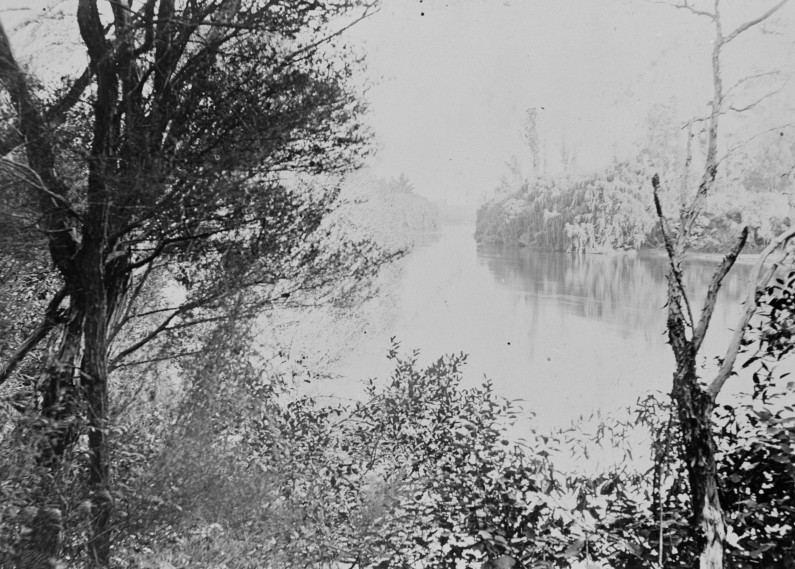Waikato River - Tainui

Waikato River HCL_05822
The North Island was once either swampy or covered in dense forest, and the waterways provided the fastest and most efficient network for trade, travel, and communication. Maaori found travelling on the Waikato River was a lot easier and quicker than going by foot. The river was a source of great nourishment for the early Maaori. It was filled with tuna (eels), whitebait, freshwater crayfish, mullet, waterfowl, and wild vegetables, while the sandbanks were filled with pipis. Along the banks of the Waikato there were forests of totara, matai, and kahikatea. The people of the Tainui waka and their descendants felled the trees and used the wood to craft more waka. More trees were planted to provide berries and the fertile soil near the river was the perfect place to grow crops of kumara, taro, and gourds.
The river also provided spiritually for them and was used as a source of cleansing and healing. It was used at the beginning and end of life with new-born babies baptised in the waters and the dead cleansed in them. It was also a place of healing when someone fell ill, as the water was healing and sacred. The river is a living entity with its own personality and identity. It is said the Waikato River is just as important to local iwi as the Ganges are to the Hindus. There was a saying when someone was sick or in need of help, either physically or spiritually, ‘Haere kite wai’ which means ‘Go in the water.’ For the Waikato Tainui iwi the river protects them, and the river is also protected by the people.
“If the wairua (spirit) of the river are violated the river suffers, becomes sick, and if ignored will die. To the old people, the changes in water quality in the river and its lakes and streams, the loss of fish, eels and plants, the replacement of golden sand by mud, are all evidence of the sickness of the river.” Pumi Taituha - Ngaati Maniapoto (Deed of Settlement in Relation to the Waikato River)
Women paddling a waka along the Waikato River at a regatta in Mercer HCL_01176
